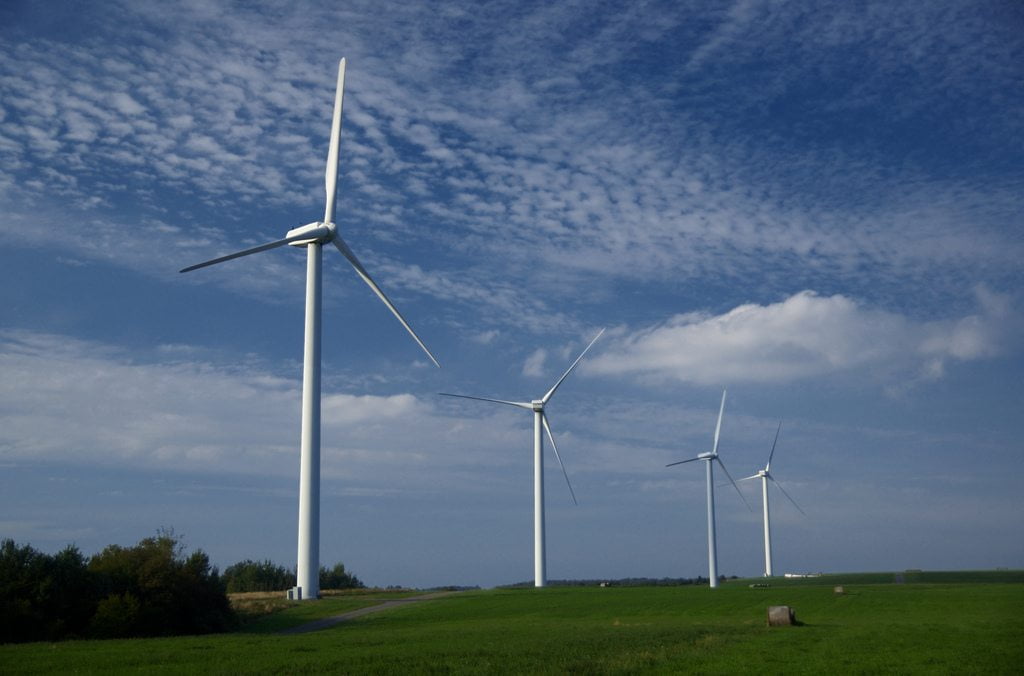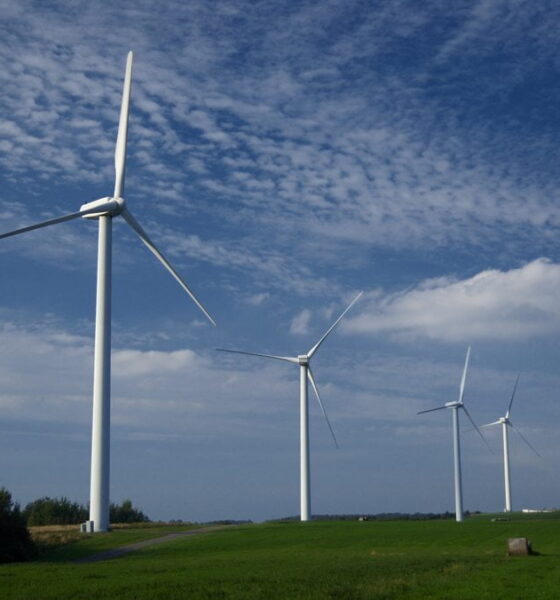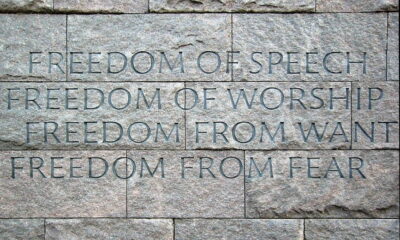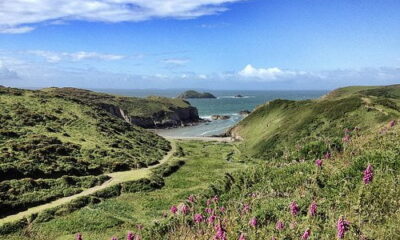

Energy
Modern Magna Carta: International Renewable Energy Act
In the lead up to the 800th Magna Carta Anniversary this year Ashley Summers takes a look at the original and a series of modern ‘versions’ of the Magna Carta from the US Constitution to the UN Declaration of Human Rights and various conventions on climate change and sustainability, Magna Carta for the Earth.
The Founding Conference, held 26 January 2009, in Bonn, Germany, was the start to the International Renewable Energy Agency, (IRENA,) an intergovernmental association that encourages and promotes the use of sustainable, renewable energy. The statute of the agreement went into force 8 July 2010. Initially, 75 countries signed the statute, but the number jumped to 138 shortly thereafter. An additional 33 countries had applications under process in November 2014, but two key exceptions are Canada and Brazil. The Agency’s headquarters is located in Abu Dhabi, United Arab Emirates.
The group’s formation is a result of lobbying from NGOs and industry groups as far back as the 1980s, but with continuation over the course of a couple decades. In 1990, for example, the Austrian government under Franz Vranitzky recommended to the UN, the formation of a renewables agency. Lobbying groups included Eurosolar, the World Council for Renewable Energy (WCRE,) and the World Wind Energy Association.
Over the course of several years, the group met in various locations to propose drafts and content, recruit further participation, and elect representatives. According to their website:
IRENA seeks to make an impact in the world of renewable energy by maintaining a clear and independent position, providing a range of reliable and well-understood services that complement those already offered by the renewable energy community and gather existing, but scattered, activities around a central hub.
The international renewable energy community is large, resourceful, and rapidly evolving. IRENA does not duplicate what others are doing, but seeks out, establishes and develops new synergies, facilitates dialogue, and information and best practice sharing. Cooperation at the global, regional and national levels, knowledge sharing, enabling policies and enhanced capacity, as well as the encouragement of investment flows and strengthened technology and innovation, are essential elements in the Agency’s efforts. IRENA is positioning itself as a platform for all-inclusive cooperation where stakeholders can make a positive contribution to the common goals. This cooperation and partnerships are essential underpinnings of IRENA’s work.
Further reading:


 Environment12 months ago
Environment12 months agoAre Polymer Banknotes: an Eco-Friendly Trend or a Groundswell?

 Features11 months ago
Features11 months agoEco-Friendly Cryptocurrencies: Sustainable Investment Choices

 Features12 months ago
Features12 months agoEco-Friendly Crypto Traders Must Find the Right Exchange

 Energy11 months ago
Energy11 months agoThe Growing Role of Solar Panels in Ireland’s Energy Future





























